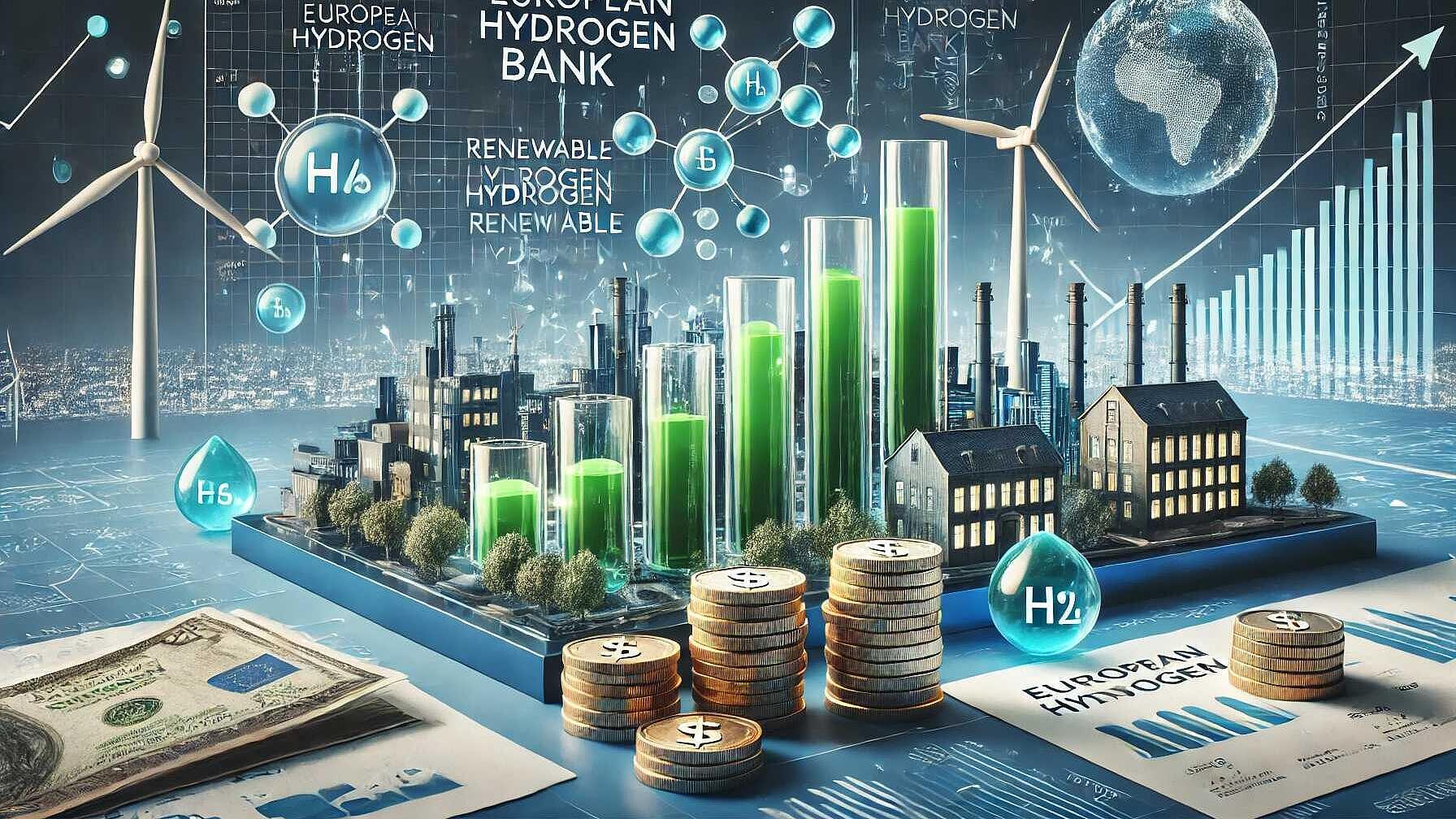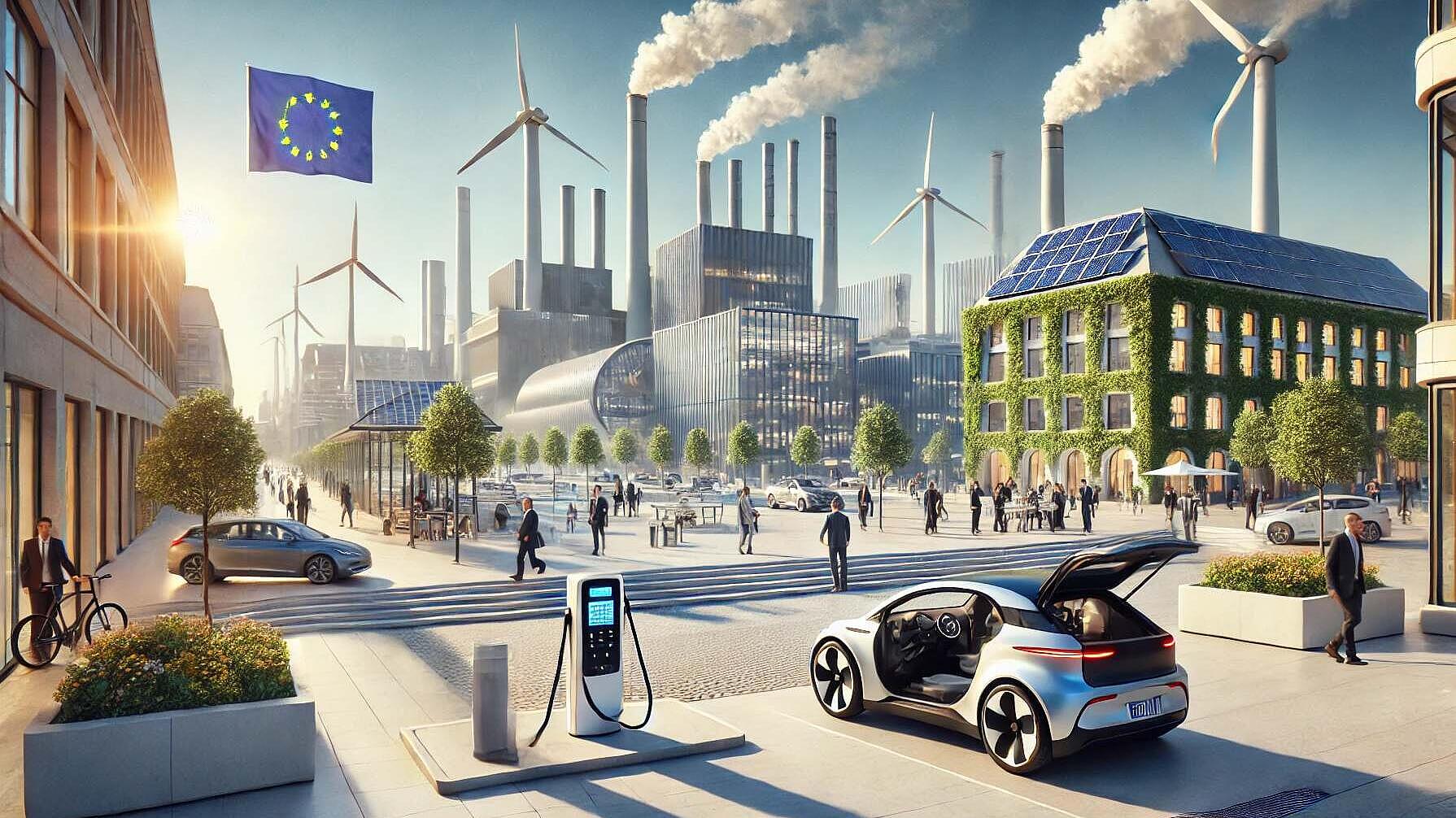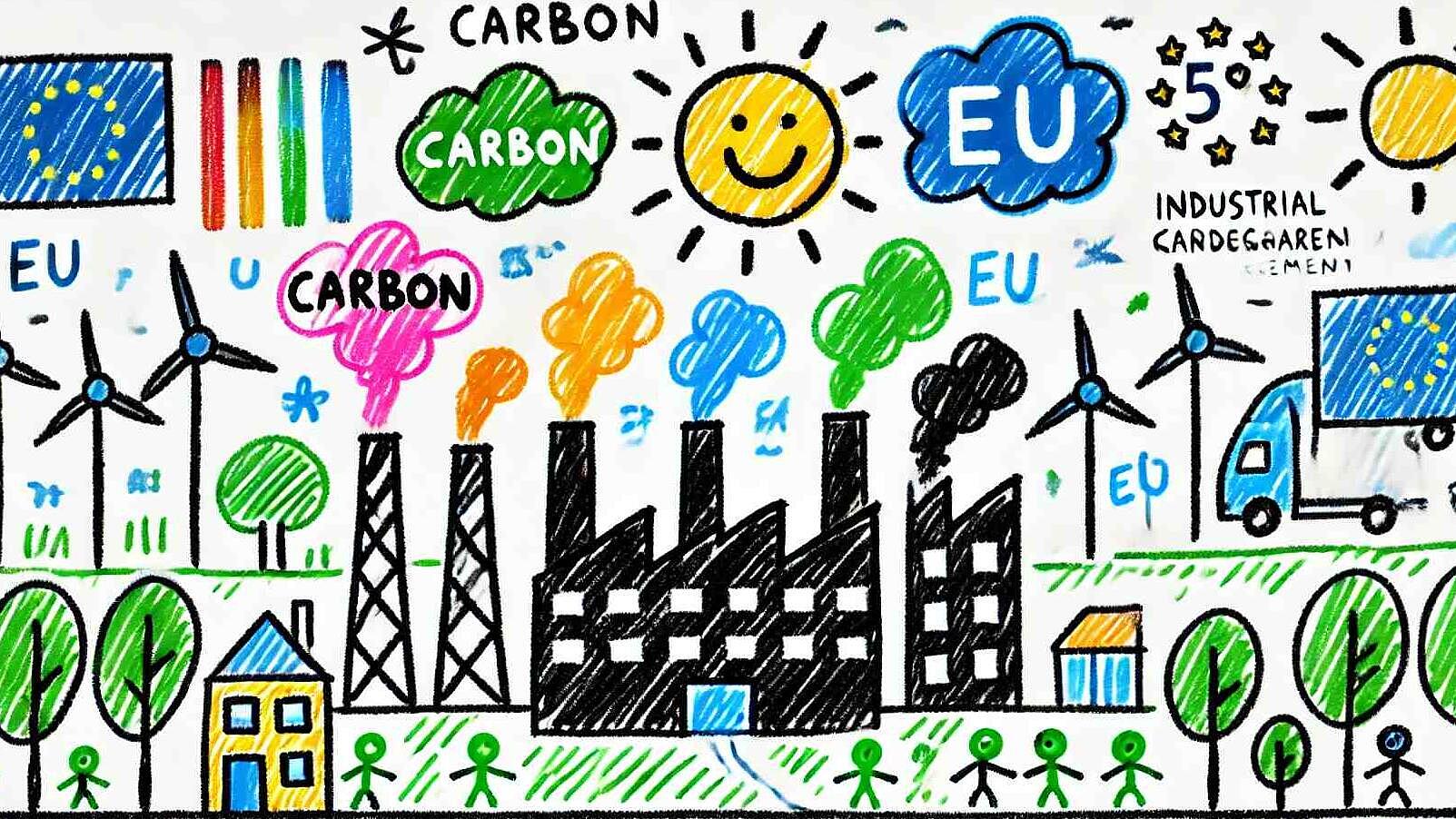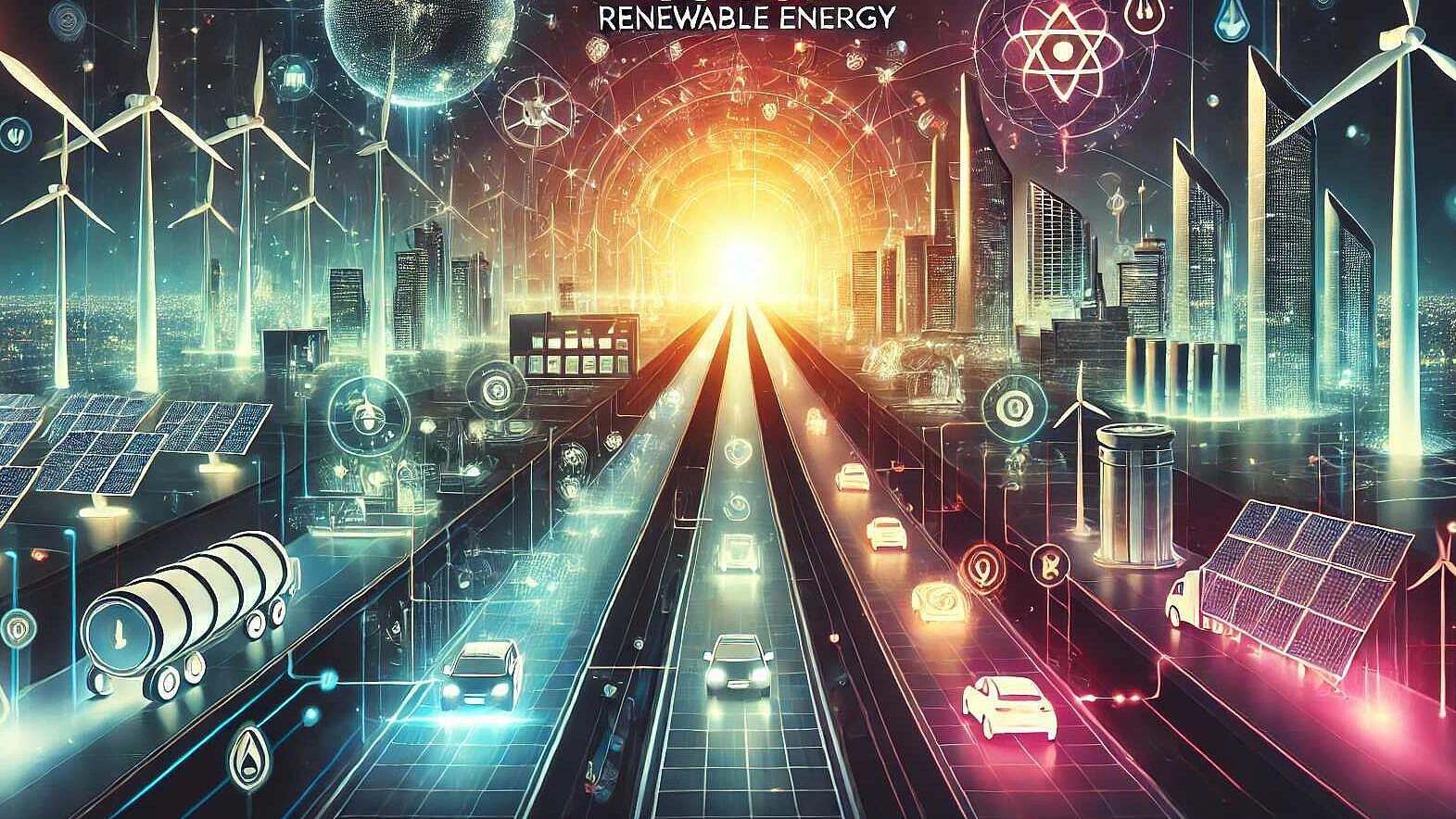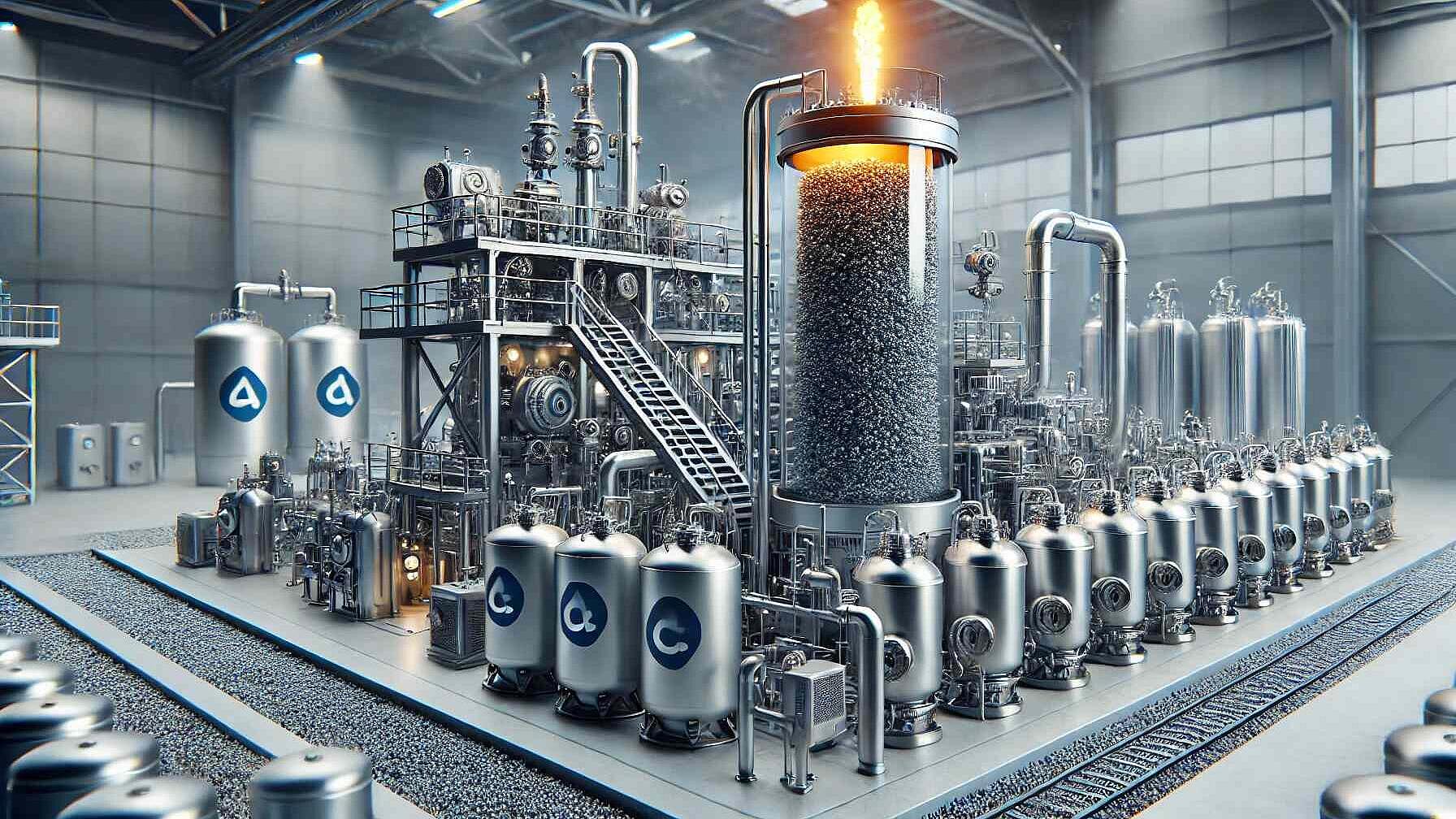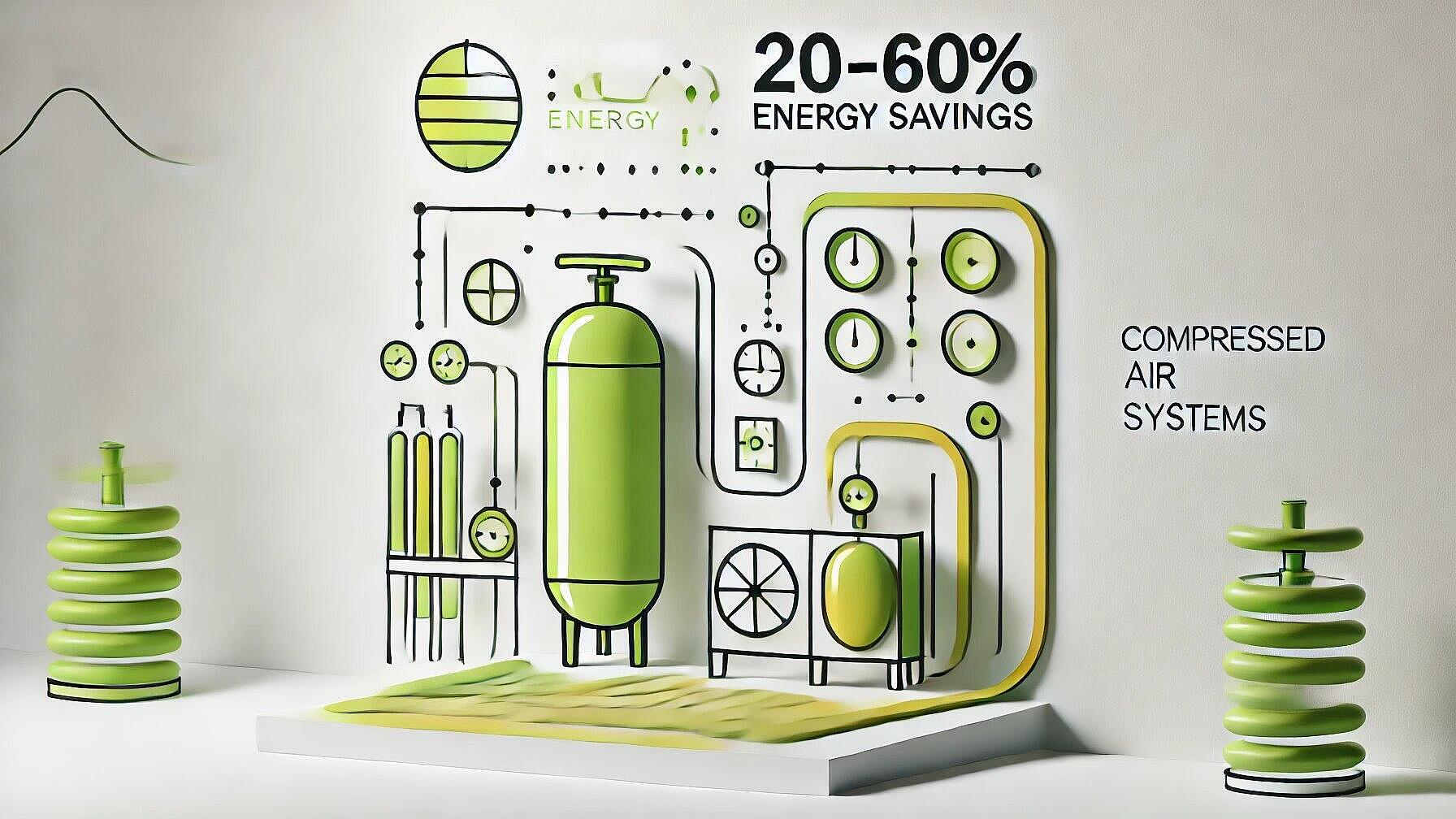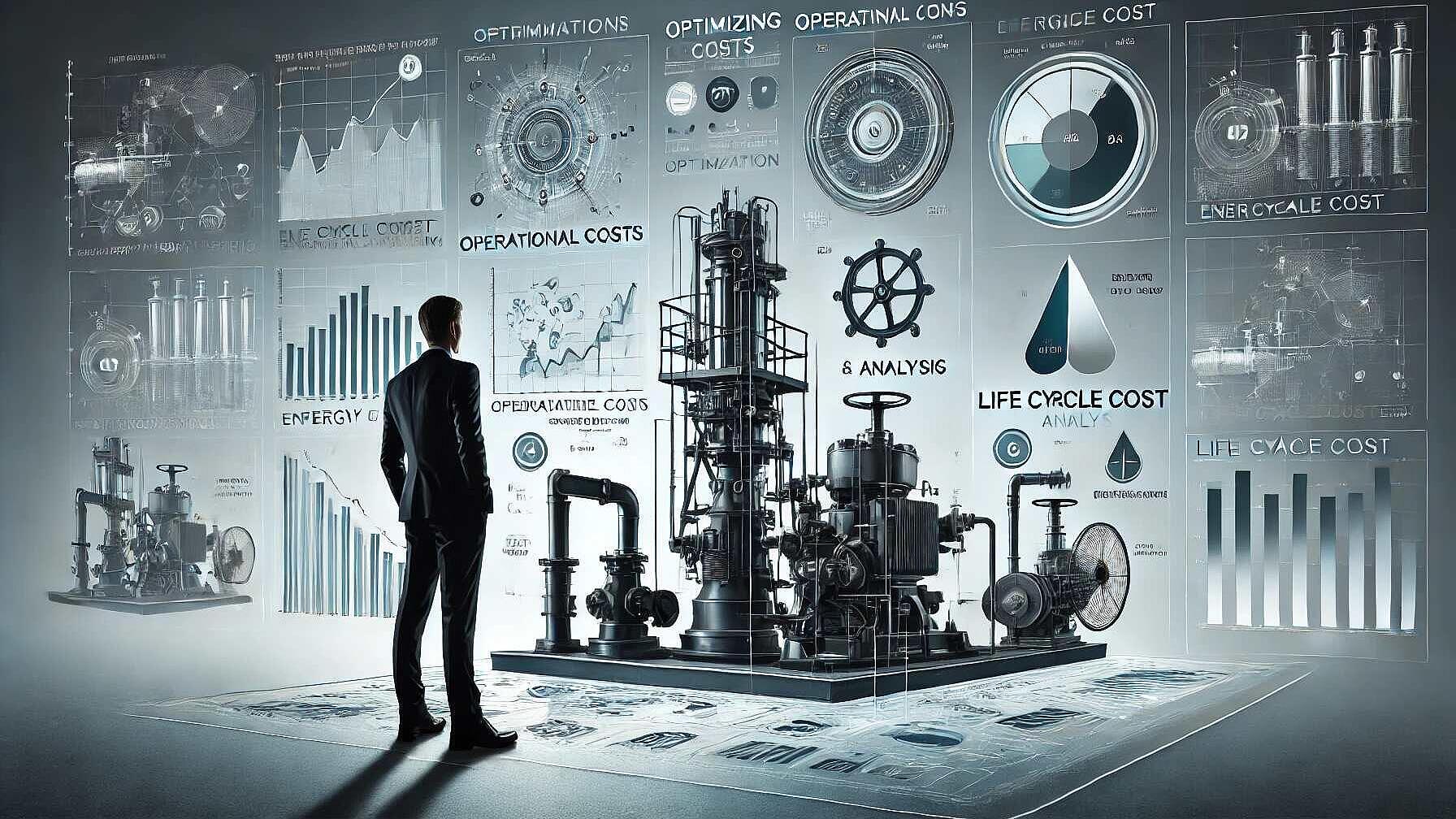 Articles
ArticlesBoosting the Hydrogen Revolution: The Role of a European Hydrogen Bank
The European Union is actively working to incorporate renewable hydrogen into its energy strategy with the goal of meeting its 2030 climate targets and achieving climate neutrality by 2050. The EU's REPowerEU plan proposes the creation of a European Hydrogen Bank to drive the transition by supporting the production of renewable hydrogen through pilot auctions, subsidies, and international partnerships. The bank will facilitate the integration of hydrogen into the energy market, enhance transparency, and provide price benchmarks for efficient market development. Renewable hydrogen serves to decarbonize hard-to-electrify sectors such as heavy industry, transportation, and heating. The EU aims to produce and import a total of 20 million tonnes by 2030, with initiatives like the Net Zero Industry Act underpinning this commitment. The cost of renewable hydrogen production is higher than that of fossil fuels, and infrastructure development is ongoing. The European Hydrogen Bank will bolster domestic production and manage imports, including a potential “green premium” for imported hydrogen to incentivize international producers. To achieve these goals, the EU is focusing on international cooperation to benefit from shared expertise and investment. This integration effort aligns with other EU initiatives like the STORMING project, emphasizing the production of CO2-free hydrogen and advanced materials. The hydrogen transition promises job creation and enhanced energy security, positioning Europe as a leader in global hydrogen markets. The European Hydrogen Bank, along with technological and policy engagement, is pivotal for those interested in future energy systems.
Read Full articleRevitalizing Europe's Industrial Future: The European Commission's Strategic Vision for 2024-2029
The European Commission's strategy for 2024-2029 aims to revitalize Europe's industrial sector, address economic challenges, promote sustainability, advance technological sovereignty, ensure social fairness, and strengthen global partnerships for a resilient, prosperous EU future.
Read Full articleQuiz Your Way to Energy Mastery! Discover, Learn, and Win with EnerWhizz
EnerWhizz is a mobile quiz game designed to teach players about energy efficiency and renewable energy in an engaging and competitive format, offering rewards, multilingual support, and opportunities for global competition.
Read Full articleHarnessing Carbon: Europe's Ambitious Plan for Industrial Carbon Management
The EU's industrial carbon management strategy aims for climate neutrality by 2050, targeting innovations in carbon capture and utilization (CCU), carbon capture and storage (CCS), and CO2 transport through a 19,000 km network. This transformative approach, fostering a carbon value chain, could generate €45-€100 billion and create 75,000-170,000 jobs by 2030, while positioning the EU as a global leader in carbon management technologies. The strategy emphasizes investment, R&D, public engagement, international cooperation, and regulatory development.
Read Full articleThe Renewable Revolution: Powering Our Future
Studies outline scenarios for a 100% renewable energy system by 2050, emphasizing electrification, solar and wind dominance, job creation, grid flexibility, energy storage importance, green hydrogen's role, and socio-economic benefits including health and employment gains.
Read Full articleThe Strategic Landscape of AI Infrastructure Financing: Microsoft, BlackRock, and Global Initiatives
The Global AI Infrastructure Investment Partnership, with $30 billion from Microsoft, BlackRock, and others, aims to build AI data centers and related energy infrastructure, addressing the high energy demands of AI. Other initiatives like Google's AI Opportunity Fund and IndiaAI Mission support AI infrastructure development, focusing on sustainability and international cooperation to ensure global economic and technological advancement.
Read Full articleDigital Revolution in Motor Systems: Powering the Future of Energy Efficiency
The paper highlights the revolution of motor systems through digital technologies enhancing efficiency, despite challenges such as lack of standardization and cybersecurity risks. Innovations include smart sensors, IoT, and AI-driven analytics, with case studies showing significant energy savings. Opportunities exist for professionals in data science and cybersecurity.
Read Full articleHarnessing Hydrogen: The Promise of Catalytic Methane Decomposition
Catalytic methane decomposition (CMD) offers CO2-free hydrogen production using transition metal catalysts, overcoming challenges of catalyst deactivation through strategies like bimetallic catalysts and reactor design innovations. Economically competitive, it potentially enables carbon-negative hydrogen via biogas, with valuable carbon byproducts.
Read Full articlePowering Efficiency: Revolutionising Compressed Air Systems for a Sustainable Future
This study examines energy savings achievable in industrial compressed air systems (CAS). It highlights common inefficiencies such as leaks, improper storage, and suboptimal compressor location. Implementing best practices can reduce energy usage by 20-60%, implying substantial cost and environmental benefits.
Read Full articleRevolutionizing Pump Systems: The Power of Life Cycle Cost Analysis
Pumping systems represent significant energy and cost usage in industrial operations. Implementing thorough Life Cycle Cost (LCC) analysis can yield major savings by encompassing all ownership costs from initial purchase to decommissioning. Proper design, avoiding oversizing, and maintenance are crucial strategies.
Read Full article